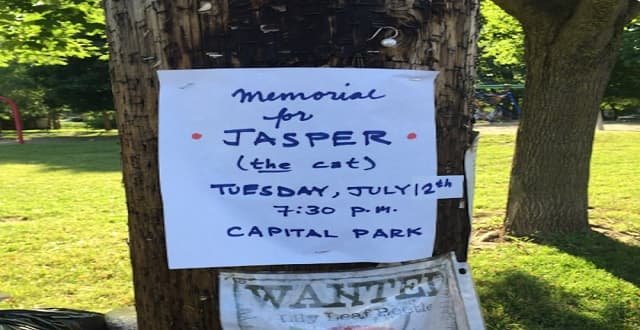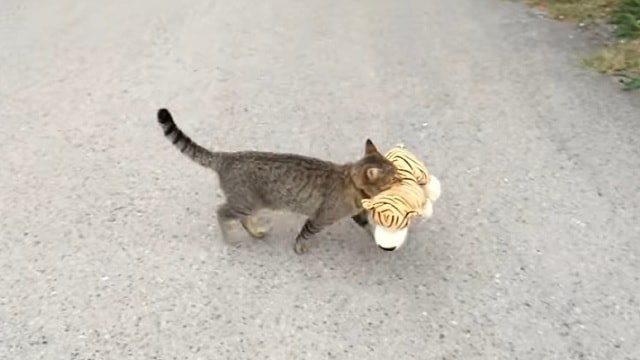TRENTON, NEW JERSEY - To just about all animal rights activists, it’s an unnecessary amputation. For some cat owners, it’s a requirement before they even thnk about adopting a pet.
Declawing a cat in New Jersey would be an illegal act if and when a south Jersey Assemblyman gets his way.
Assemblyman Troy Singleton (D-Burlington) on Thursday sponsored legislation that would add onychectomy — the medical term used for declawing — to the list of criminal animal cruelty offenses.
Veterinarians who perform them and people who seek them out would face a fine of up to $1,000 or six months in jail. Violators would also face a civil penalty of $500 to $2,000, according to the new bill, (A3899).
This barbaric procedure is typically done to prevent cats from shredding furniture or other household property, or because a cat has not learned how to play properly. In some rare cases, declawing is done for medical reasons, and in those cases, the procedure would not violate the proposed law, according to the bill.
Singleton, who has previously sponsored animal welfare legislation, read about similar legislation which was considered in New York and wanted to bring it to New Jersey, Hilary Beckett, his chief of staff, said Friday.
New Jersey would be the first state to outlaw declawing if and when it is signed into law before New York takes action, she stated. California cities such as Los Angeles, San Francisco, Burbank, Santa Monica, Berkeley, Beverly Hills and Culver City have a;; enacted declaw bans, according to the Paw Project.
Declawing “may be the quick answer but it’s not the humane one,” Beckett stated.
“It’s almost akin to amputating the first knuckle on a human hand. It’s not just removing a claw, it’s part of the paw.”
Declawed cats may end up going on to biting as a way to defend themselves, Katie Lisnik director of Cat Protection and Policy for the Humane Society of the United States explained. They may also begin to avoid using the litter box because without the claws, the litter may not feel good or even cause pain. Declawed cats who urinate or defecate outside the litter box are often surrendered to shelters, Lisnik said.
There are an estimated 85 million cats living as pets in family homes today, and between 19 percent to 46 percent have been declawed, says Katie Lisnik director of Cat Protection and Policy for the Humane Society of the United States.
“Vets argue they do it as a last resort. Those numbers would beg to differ,” Lisnik stated.
A spokeswoman for the American Veterinary Medical Association did not offer a professional position on Singleton’s bill. But she stressed it was a vet’s responsibility to explain the seriousness and alternatives to the surgery.
“It is the obligation of the veterinarian to provide cat owners with a complete education with regard to the normal scratching behavior of cats, the procedure itself, as well as potential risks to the patient. Onychectomy is an amputation and should be regarded as a major surgery,” states the association’s policy statement.
“Declawing of domestic cats should be considered only after attempts have been made to prevent the cat from using its claws destructively or when its clawing presents an above normal health risk for its owners,” according to that statement.







